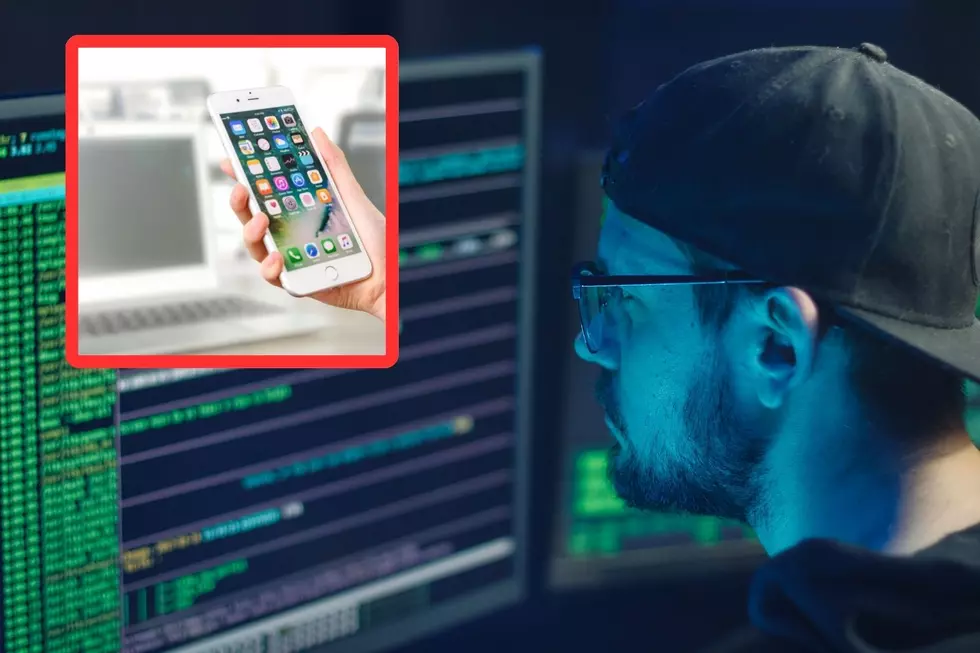
Utah Scam Alert: Everything You Need To Know About ‘Smishing’
The smell of Spring and scams are in the air right now as many fall victim to the newest scam tactic which uses USPS.
Utah is no exception and I have seen the newest tactic randomly popping up in my messages for a few months now. “Smishing” is the latest scam that has been roaming around the country using your “mailed packages” as bait to get you to divulge personal information.
Using short messaging service (SMS) and phishing tactics, the USPS and Federal Trade Commission have dubbed this smishing.
If you are some who is often getting packages delivered say from Amazon, these messages will seem very concerning. However, this tactic isn’t linked to your order history and comes at random times. So, it's easy to tell when it’s fake if you don’t have anything on the way.
Basically, you’ll receive a text message that says your package delivery was missed or that you need to reschedule it. Then it will have a link for you to do so. DO NOT CLICK ON THIS LINK!
Sometimes the scammer will make it seem like a timely issue where if you don’t respond then the package will be returned to sender.
As stated above, this is easy to see through if you haven’t ordered anything recently but if you have, check with Amazon or the seller directly for the status of your package. If you do click on the link there is a chance of malware being downloaded onto your device or if you make the mistake of entering any information, it will be captured by the scammer.
Essentially, you could just be giving away important and private information.
The best course of action is to simply NOT click on the link, erase the message, and check with the retailer directly.
10 Most-Used Scams in Colorado
Gallery Credit: Dave Jensen
Five Area Codes Scammers Use to Scam Unsuspecting People in Washington and Utah
Gallery Credit: Michelle Heart



